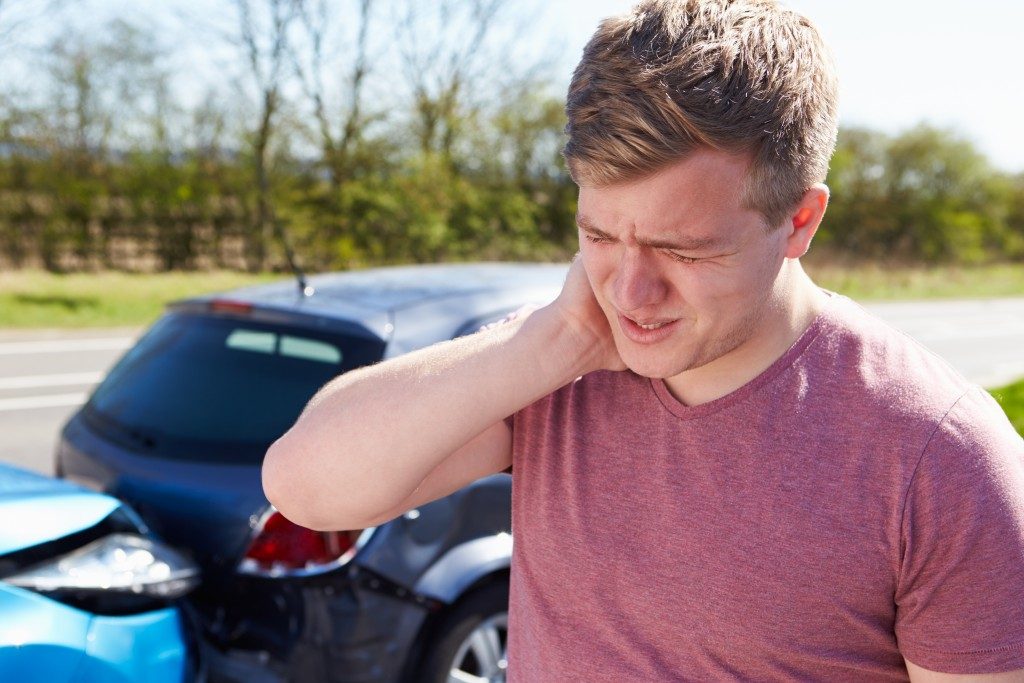Millions of people in the US commute to and from work. This puts them at risk of a vehicular accident each day. Thousands of residents in Utah alone are injured every year from traffic accidents. In fact, two Utah counties ranked among the deadliest counties based on traffic fatalities in 2016. Even minor fender benders can largely impact your health. In fact, many people in Utah with whiplash received their injury while traveling well within the speed limits.
Whiplash or Neck Strain
Whiplash, also referred to as neck sprain or strain, is one of the most common injuries people sustain from a car collision. It occurs when the head suddenly jerks either backward or forward then snaps back to its former position
The sudden movement strains the soft tissue of the neck, as well as the spine. The ligaments, cervical muscles, intervertebral joints and discs, and nerve roots are likely damaged in most whiplash cases.
Whiplash may clear up without any medical treatment, but purposefully doing so can lead to long-term discomfort in the future. It’s always best to seek timely medical assistance to make sure that everything is okay, and there are no minor injuries that could become serious after some time.
Muscle Ache and Tears

It’s usual to feel muscle aches after a car accident. Soreness in the arms and shoulders and back pain are both common. This is caused by the muscles tightening to protect an area from the force of impact. The contraction, in turn, leads to pulled or torn muscles.
Symptoms of these types of injuries often manifest within the day of the crash. However, these can also be overlooked due to the surge of adrenaline and other more painful injuries. Swelling and other symptoms may also only show the following day or after a few days.
It is advisable to relieve the strain through a doctor-prescribed physical therapy routine. Starting with stretching and light exercises help rehabilitate the damaged muscles. Make sure to pay attention to your body, though. Always consult a specialist if the pain worsens to prevent further damage.
Post-Traumatic Stress Disorder
Not all car accident injuries are physical. Post-Traumatic Stress Disorder (PTSD) is common after a car crash, especially violent ones.
According to a study, at least 39% of vehicular accident survivors develop PTSD. It is normal to undergo a surge of emotions after an accident. The flood of emotions during the event — shock, fear, confusion, or even guilt — can lead to vivid nightmares or flashbacks.
Suppressing or avoiding thoughts about the crash can worsen PTSD and affect your overall health. It’s best to seek professional mental health treatment. There are different kinds of therapy available to help work through the feelings stemming from the accident. Make sure to meet with a certified professional who can use the proper treatment and therapy for PTSD.
Some injuries may not sound like a big deal but may lead to further complications in the future. Getting immediate care and treatment after a vehicular accident is key to proper recovery and regaining your quality of life.
